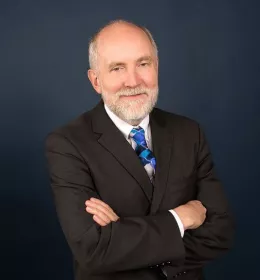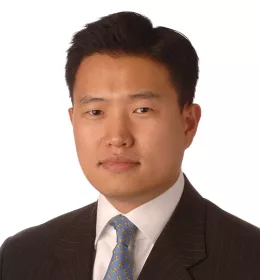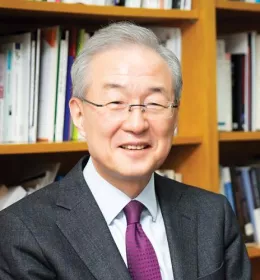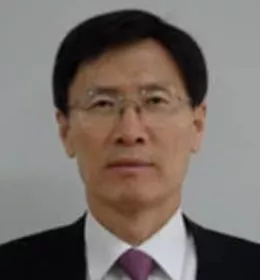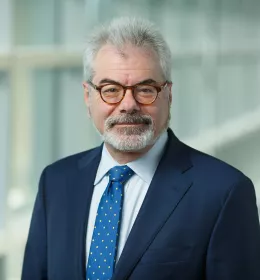
About the Korea Project
From 2018-2023, the Korea Project worked to address key policy questions about major security transformations on the Korean Peninsula and develop creative approaches to effectively address them.
Supported by the Korea Foundation, the SBS Research Endowment at Harvard’s Korea Institute, and the Charles Koch Foundation, the Korea Project was the only group of its kind in a university setting running a comprehensive policy outreach program on Korean security issues on a regular basis with senior practitioners and scholars.
The Korea Project convened the inaugural Harvard Korean Security Summit at Harvard Kennedy School in April 2019, which formally launched the program. The Summit featured a gathering of prominent Korean security scholars and practitioners and increased attention to the field of Korean security studies within the Harvard community. Built on the vision of the late Ambassador Stephen Bosworth, who first launched Korean security initiatives at Harvard Kennedy School’s Belfer Center, the event reflected the two traditions that drive the Belfer Center’s work: bringing together leading scholars and senior practitioners to jointly diagnose policy puzzles; and mentoring the next generation of scholars and practitioners. The Summit, organized by Director Park and the Korea Project team, took place during a critical inflection point in U.S.-North Korea relations.
North Korea Cyber Working Group
As part of its event convenings, the Korea Project brought together the next generation of researchers in order to develop a deeper understanding of North Korean state-sponsored cyber activity.
The Working Group leveraged its members’ backgrounds in relevant functional and regional areas to generate fresh ideas and analysis in cyber operations; a critical element of the unique asymmetric strategy that has helped sustain the North Korean regime. Offensive cyber operations enable North Korea to generate illicit revenue, gather intelligence, support its nuclear weapons and ballistic missile programs, and shape external outcomes according to strategic and ideological goals. Better grasping the nuances of North Korean cyber operations is a top priority across fields.
The Working Group brought together researchers with diverse skillsets honed in academia, the private sector, and the broader policy community to conduct original, evidence-based analysis, share its ideas with policymakers, researchers, network defenders, and others in order to advance understanding of North Korean cyber operations, and publish ideas and findings as op-eds, case studies, policy memos, and long-form reports.
Student Research Assistants
Supporting the Korea Project



